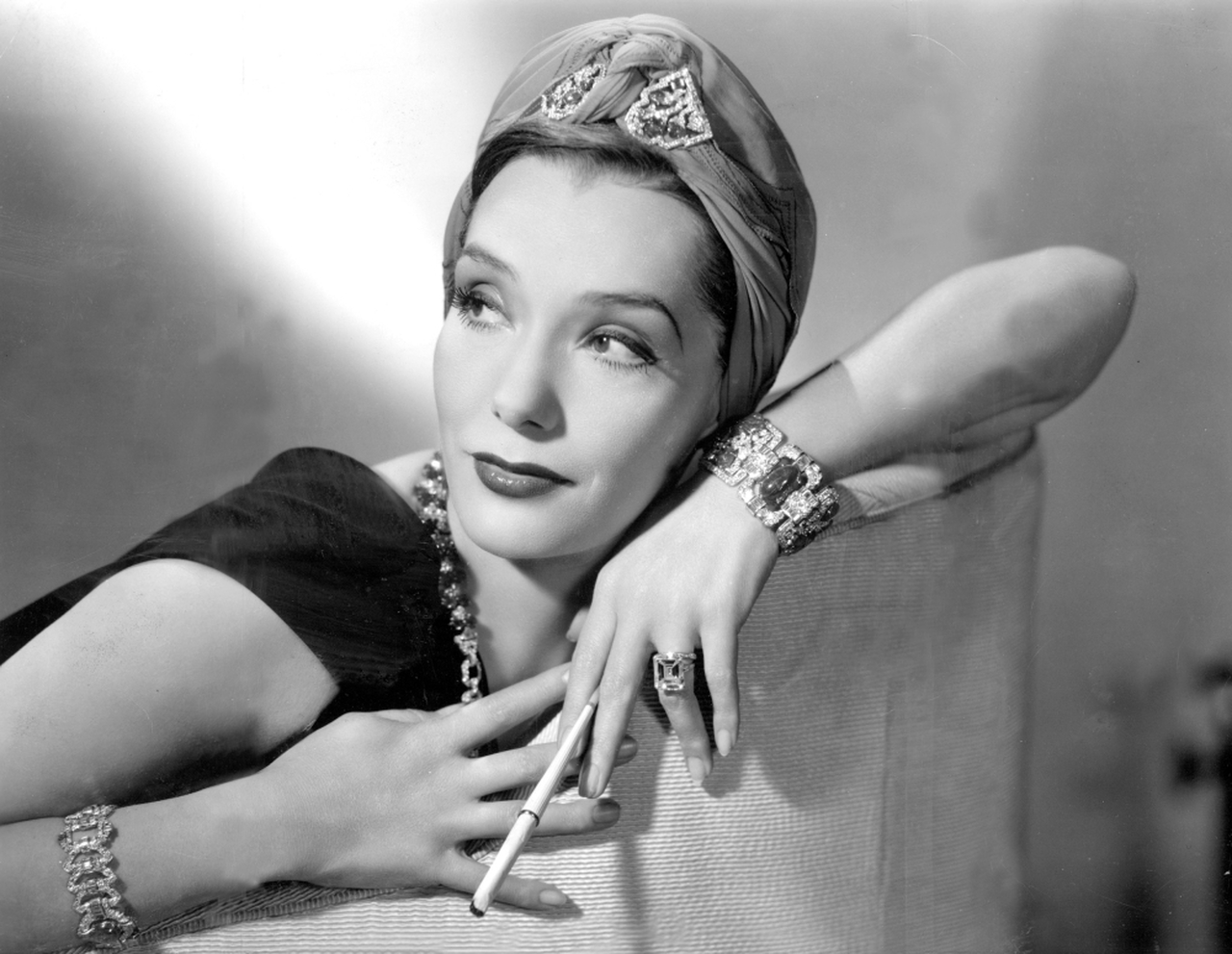Hot Pepper. Strictly Dynamite. Mexican Spitfire. These are some of the Old Hollywood films that iconic Mexican actress Lupe Velez starred in. These are also ways to describe Latina women to this day, especially on the large and small screens. While Latinx actresses back in the 1910s, 20s, and onwards had to fit into the mold Hollywood created for them, the on and offscreen portrayal of Velez damaged people’s notion of her, while also leading to a decades-long problem in which Latinas are only seen as hot tempered, violent, sexy, foreign, and caricatures.
To understand why Latinas are instantly thrust into roles in which their sex appeal and temper dominate their narrative, it’s important to trace back where this dynamic came from. So, we are going back into Hollywood history, to see what propelled Lupe Velez into stardom and how those same forces engrained Latina stereotypes into Tinseltown.
Lupe Wasn’t the Origin of the “Spicy Latina” Stereotype
First, it’s important to note that the “spicy Latina” stereotype wasn’t Lupe Velez’s creation, and she wasn’t the first Latina actress to be told to play into it. According to The Take, Latinas were cast as dangerous “spicy señoritas” and “hot tamales” back in the days of vaudeville (the term was adopted in the 1880s and vaudeville survived into the 1930s). Writer Justina Bonilla shares that in the early days of Hollywood, during the silent film era (1890s-late 1920s), Mexican women were already being portrayed as “immorally promiscuous.” During the 1920s, ‘30s, and ‘40s, the “Latin Lover” stereotype became a big thing for male actors like Rudolph Valentino (Italian), Ramon Novarro, and Gilbert Roland, in Hollywood.
But She Was Thrust into Portraying It
Lupe Velez didn’t start the “spicy Latina” stereotype, but she sure played into it. The Mexican actress is best known for playing Carmelita Lindsay in the Mexican Spitfire movie series – eight films in which she had a hot temper and talked in an exaggerated accent. It’s worth noting that Lupe Velez also sang, danced, wore fabulous fashion, and showed comedic skill in her films. But everything was shrouded by laughs tailored to Anglo audiences at Latinx communities’ expense. In fact, in the trailer for the first Mexican Spitfire (in 1940), Velez is credited as Lupe “abasco” Velez.
In Lupe’s defense, actresses back then (and even nowadays) didn’t have much choice or control over what roles they get and how their characters are portrayed. It was a huge achievement for Latinas like Velez to even be successful in Hollywood in the first place. If not for Lupe Velez, there wouldn’t be Sofia Vergara, still comedically losing her temper, on Modern Family and so many others.
Lupe Was Shown the Same Offscreen
If it wasn’t enough to have Lupe Velez repeatedly play stereotypes, the press also applied the same tropes to her personal life. Lupe was known for her novela-like relationships with stars including ex-husband Johnny Weissmuller and Gary Cooper. She infamously stabbed and supposedly shot at Cooper in anger. She also threatened other actresses.
While this behavior is completely irrational and unacceptable, the press fixated on it and didn’t do much to humanize Velez. She did grow up with violent trauma – watching her father kill and almost be killed during the Mexican Revolution. She also is believed to have had undiagnosed bipolar disorder, which would explain her outbursts.
The press couldn’t even find sympathy for her even in death. In Ken Anger’s book Hollywood Babylon, he created a false story about Lupe Velez’s suicide (she overdosed on December 14, 1944 at the age of 36 while pregnant. Betrayed by her former boyfriend, Velez was very religious and couldn’t imagine being an unwed mother). Anger, though, asserts that Velez lit candles and had flowers everywhere in her room before drowning in the toilet after a spicy Mexican dinner.
Anger’s words are downright disrespectful and a reminder of what happens when people take stereotypes as truth – they stop seeing their subject as human. We hope to help right that wrong by honoring Lupe Velez for her trailblazing talent even as we acknowledge her imperfections.

